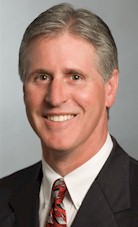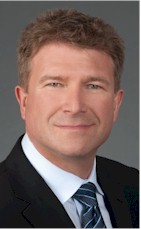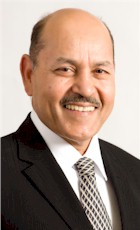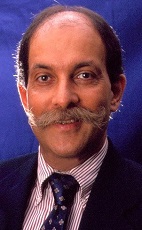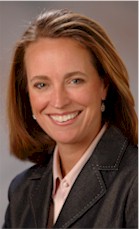
Spas have certainly come a long way in the last 15 years. In that period, growth of the hotel spa segment has been rapid and for the most part sustained at a strong pace. That strong growth was fueled by two attitudes that hotel operators seemed to share: first, a “build it and they will come” mentality, and second, the “keep up with the competition” approach. And at first, the business results suggested it was working - guests were indeed visiting these new spas and strong spa revenues proved it. However, since the early growth days in our industry, we have had to survive numerous challenges to our businesses; and those challenges continue today. This article explores the top 8 key challenges facing spa operators today. READ MORE





